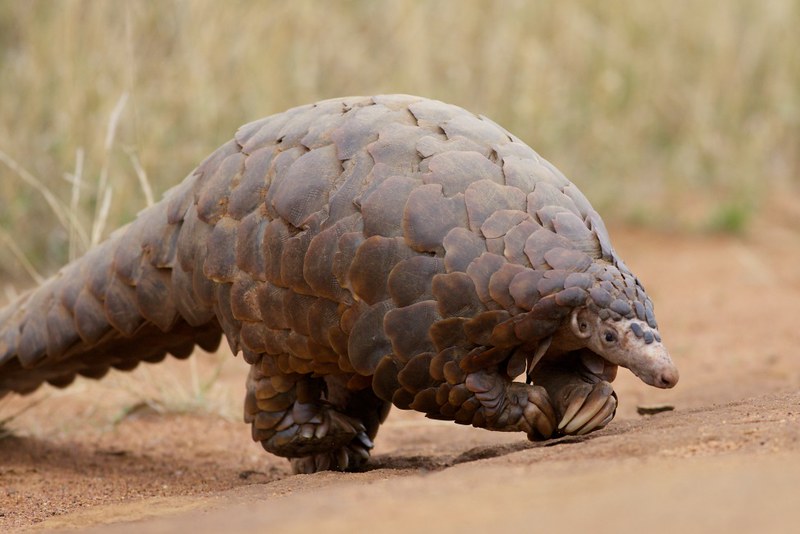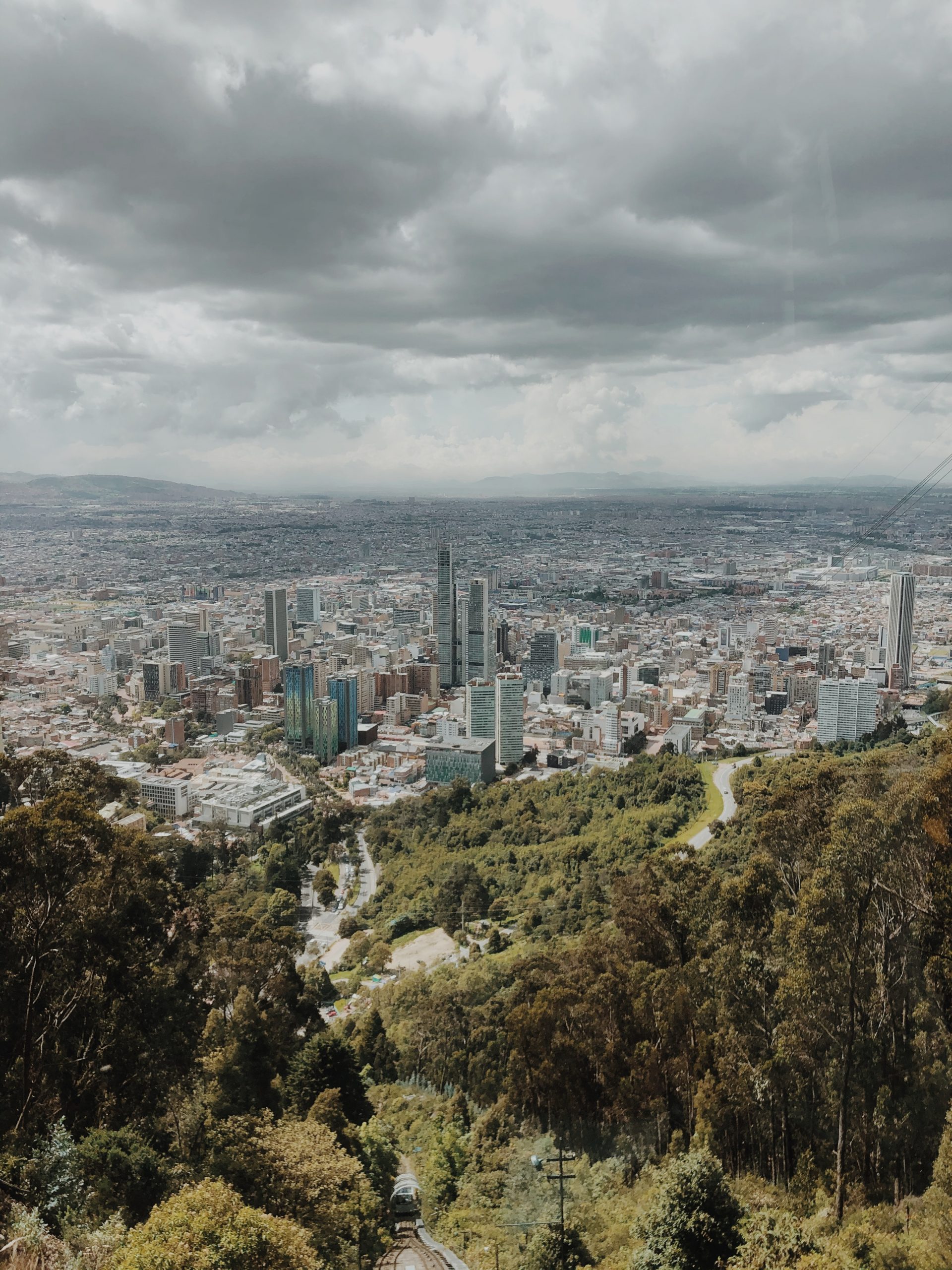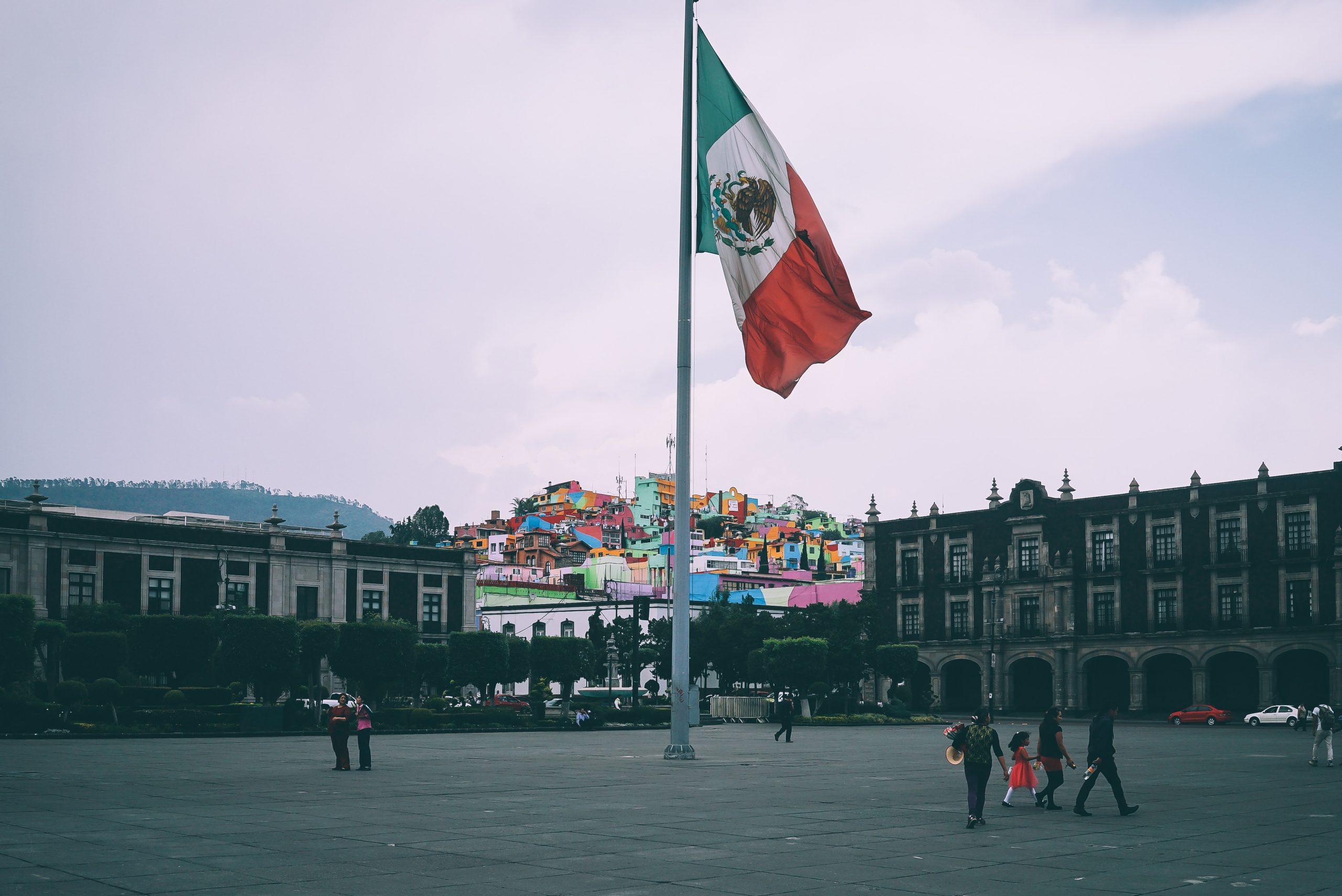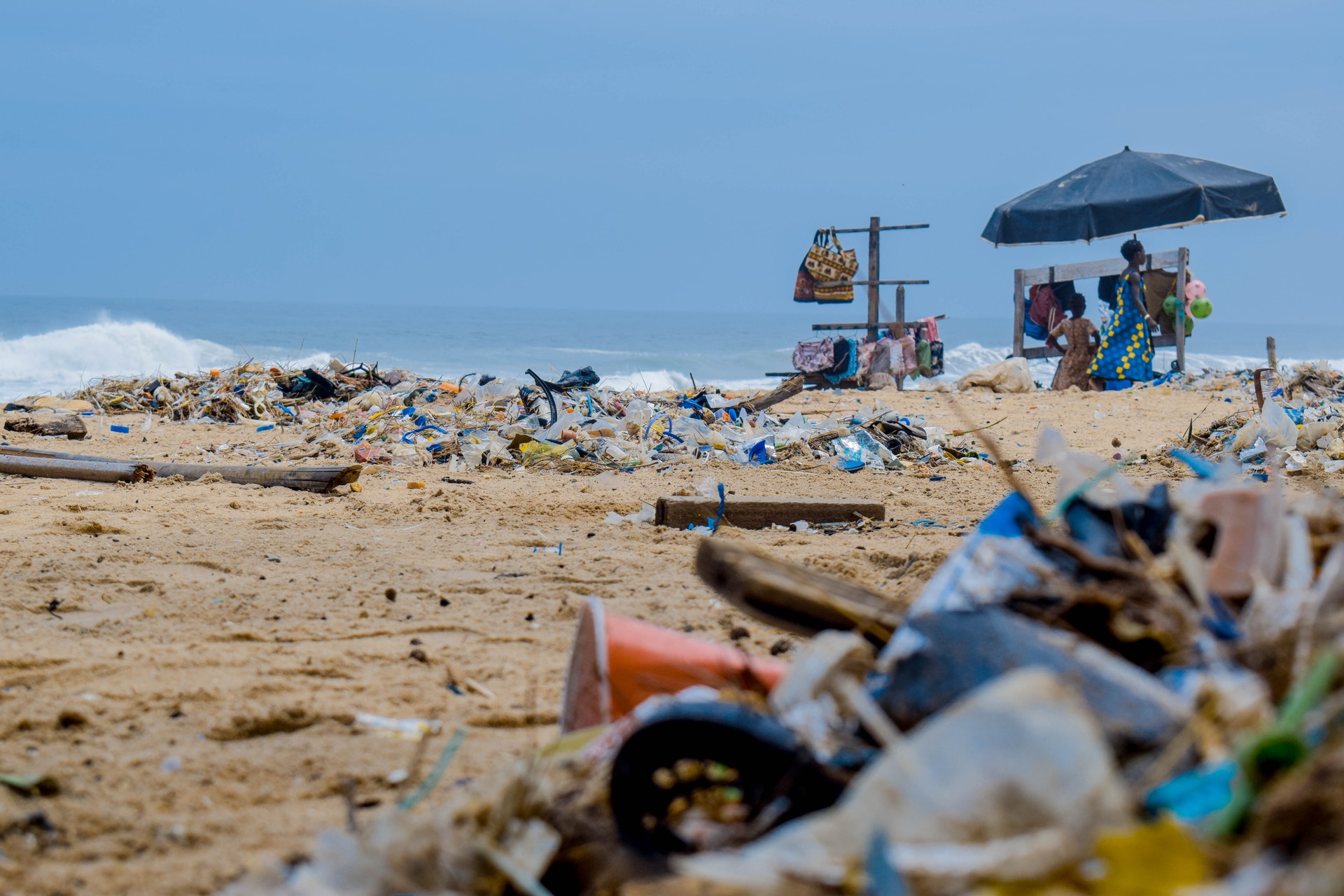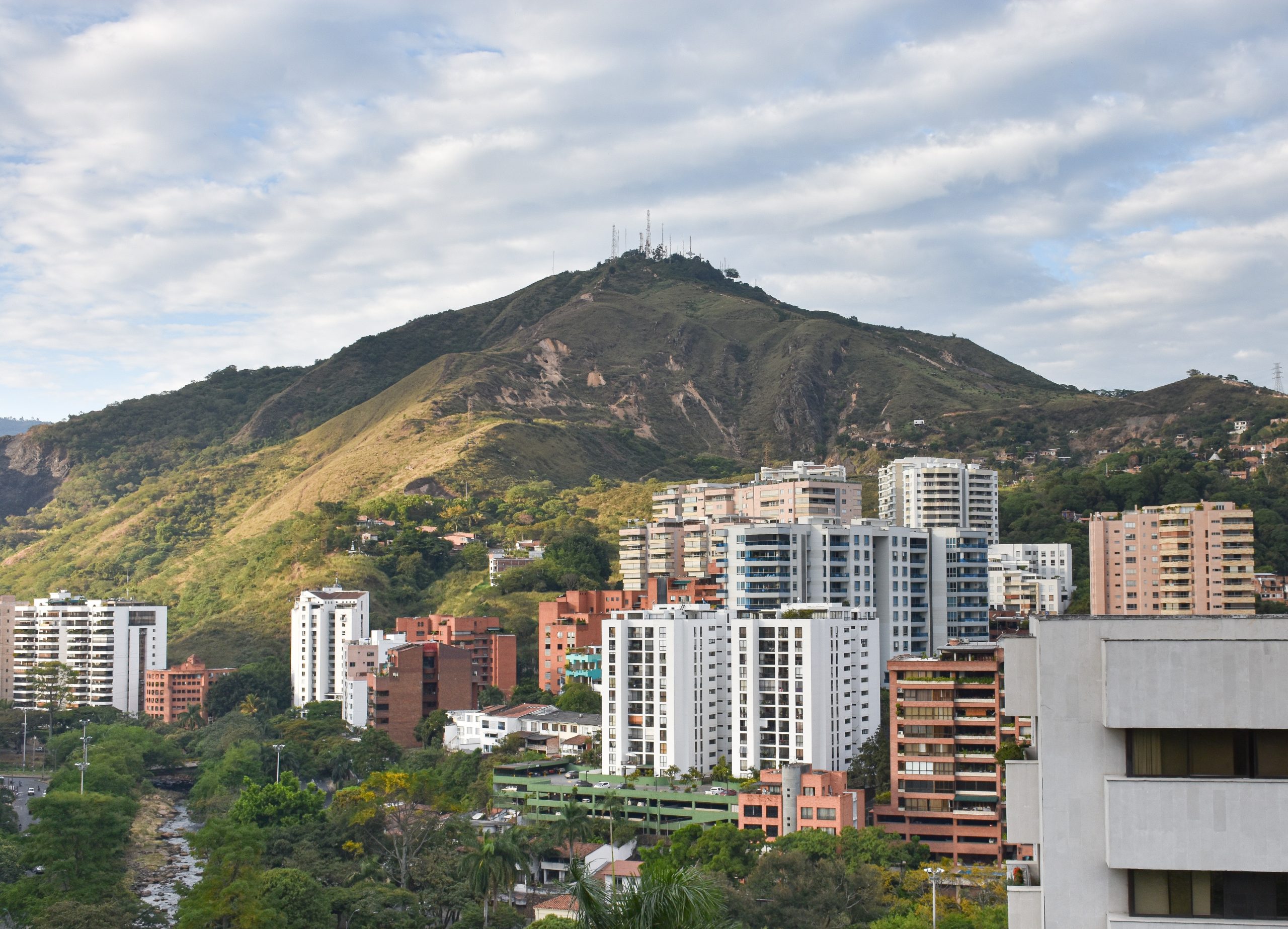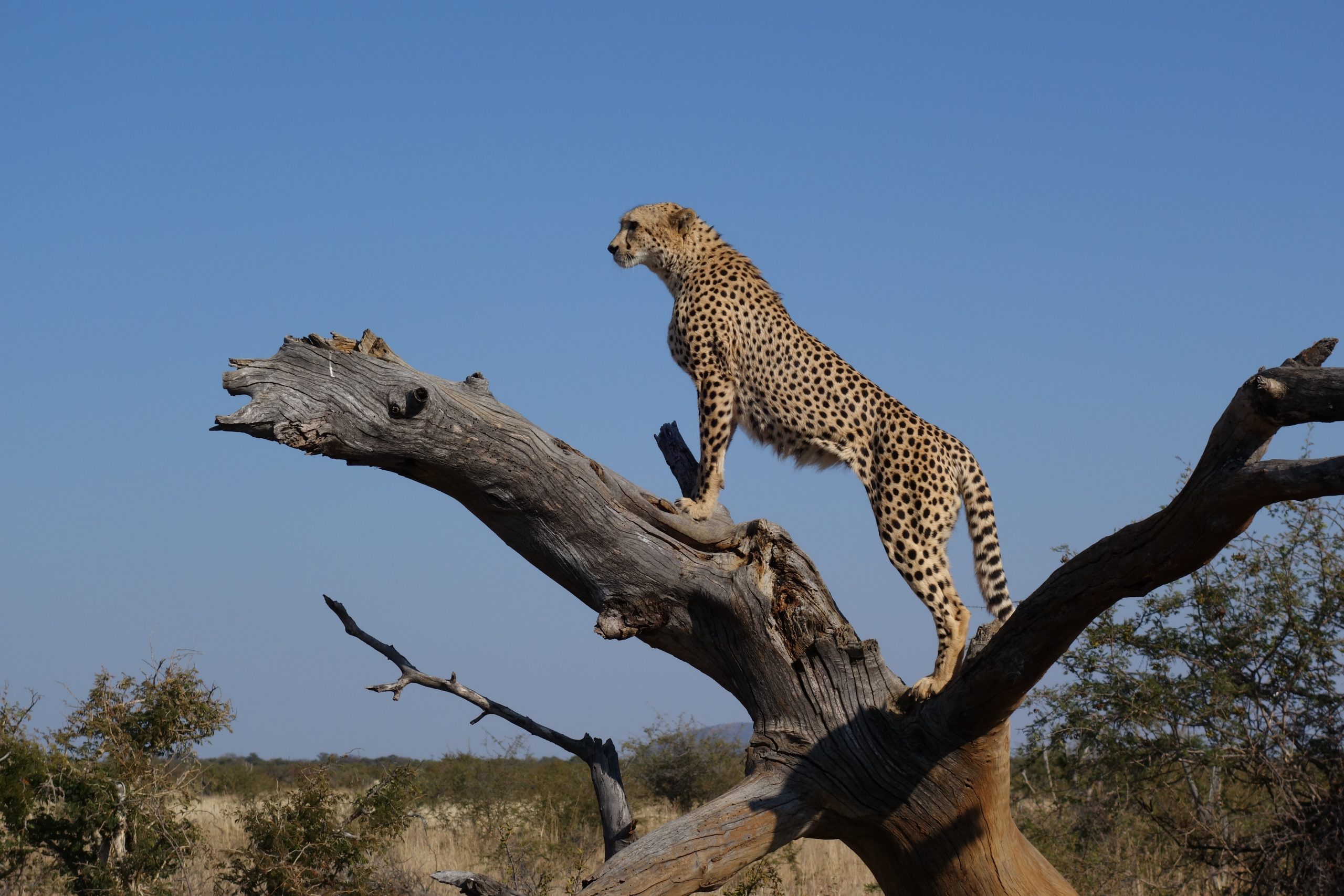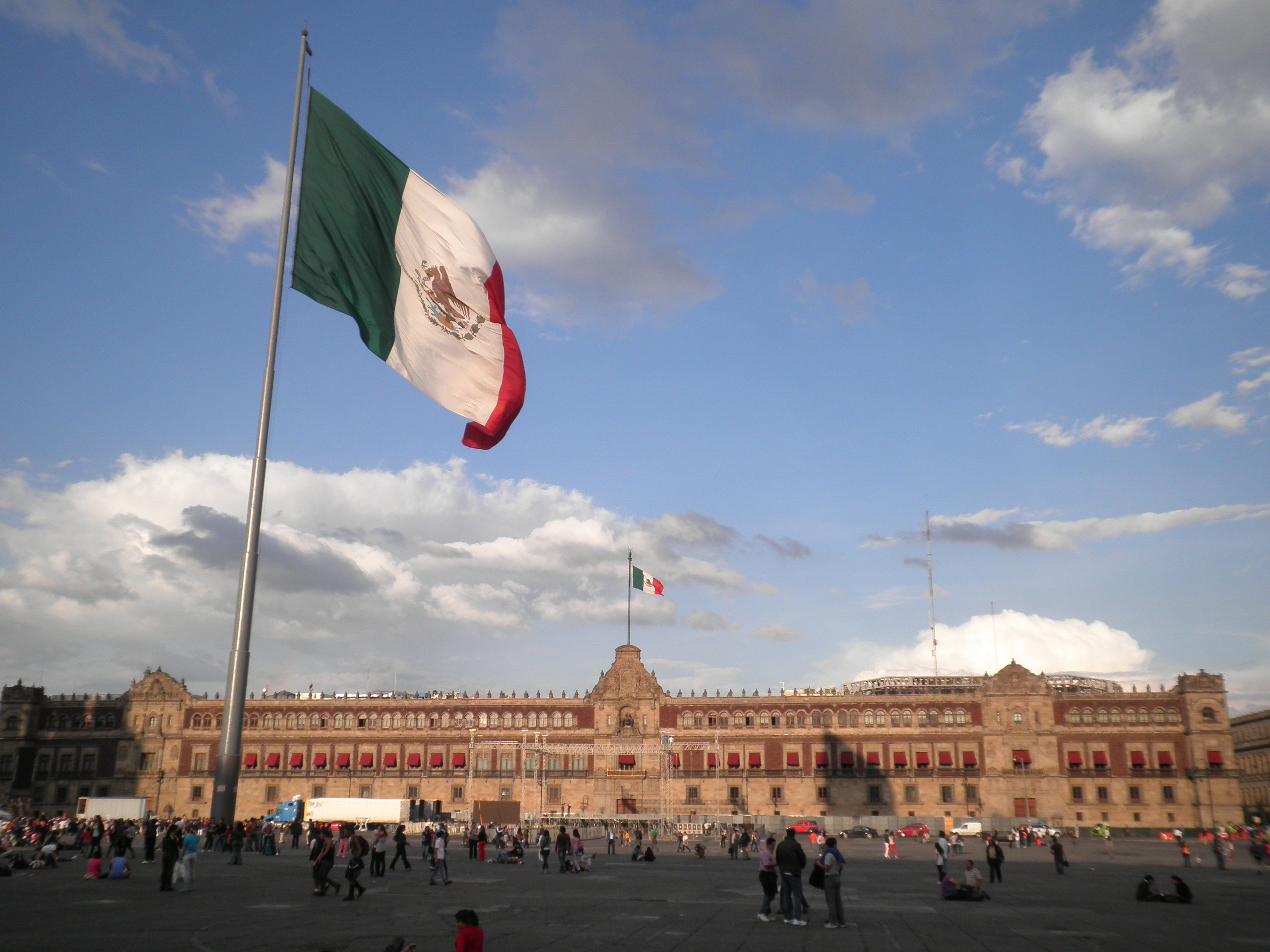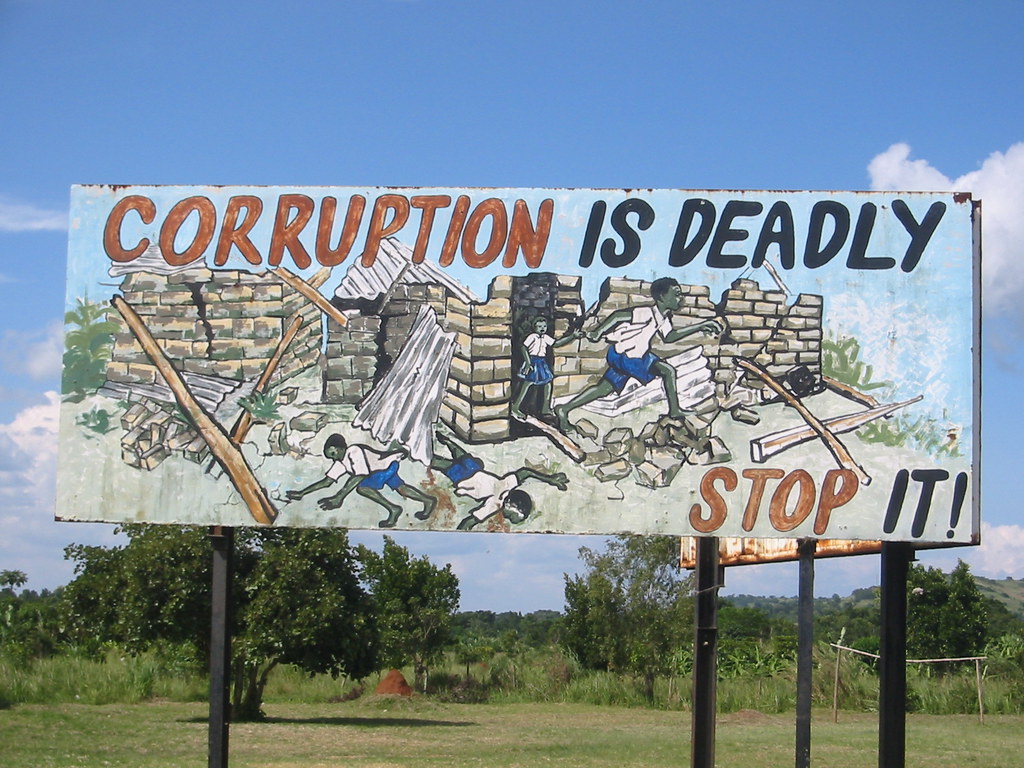Archives for corruption
Understanding the Female Wildlife Offender: Lessons from the Case Files
Closed case reviews indicate that gender norms might be as harmful as they are helpful in understanding female involvement in wildlife crime, with better evidence needed to inform enforcement strategies. The role of women in relation to wildlife crime is viewed through a lens of localised gender norms, social conventions…
My Enemy’s Enemy is my Friend: Polarisation, Stigmatisation, and Political Violence in Colombia
As we approach Colombia’s election season, the prospect of an increase in political violence is at the front of many analysts’ minds. Colombia’s elections have often been bloody; five presidential candidates were assassinated in the 20th Century alone. Just a few years ago seven candidates were killed during the municipal…
Mexico’s 15-Year ‘War on Drugs’: An Imperfect Narrative
December 2021 marked the 15th anniversary of the so-called ‘war on drugs’ in Mexico. In that time – and as renowned sociologist Fernando Escalante has articulated – “too many certainties” have become commonplace in national discourse. In particular, a cacophony of expressions have repeatedly been used by government officials across…
The UNCAC’s Role in Tackling Corruption related to Environmental Crimes
The United Nations Convention against Corruption (UNCAC) can make a significant contribution to tackling environmental crimes. As the Intergovernmental Science-Policy Platform on Biodiversity and Ecosystem Services (IPBES) warns of the loss of one million species in the coming decade, crimes affecting the environment and ecosystems need to be urgently addressed.…
Human Trafficking in a Post-Accord Colombia: A Persistent Trend of Targeted NNA Forced Recruitment
On November 26, 2016, the signing of the Peace Accord (hereinafter referred to as the Accord) between the Government of Colombia (GoC) and the Revolutionary Armed Forces of Colombia (FARC), was perceived by some citizens as the start of a new phase in the country’s violent history. Others felt it…
Cheating the System: Where Permits Come as Freely as the Wildlife
Urgent action is needed to modernise the operation of the Convention on International Trade in Endangered Species of Wild Fauna and Flora (CITES), to prevent the systematic ‘laundering’ of threatened species such as cheetahs. The Global Initiative Against Transnational Organized Crime (GI-TOC) published in September 2021 a stark reminder of…
Violent Elections in Mexico: Why do they Matter?
One hundred and one politicians were assassinated during the latest electoral process in Mexico. This is the second consecutive election in the country that has suffered from widespread violence. Researchers registered a total of 1066 attacks: an increase of more than 38% relative to the previous 2018 election. Why have…
The Role of Investigative Journalism in Uncovering Organised Crime and Corruption in South Africa
In the fight against organised crime, it is important to identify policies, institutions, and actions that have a meaningful impact. The significance of the media – specifically investigative journalism – in this regard, should not be underestimated. This blog explores the importance of investigative journalism in South Africa in not…
The Mafia Connection: Explaining Bad Governance in Northern Italy
Robert Putnam’s Making Democracy Work: Civic Traditions in Modern Italy, published in the early 1990s, is one of the most influential books in comparative politics. The book sought to investigate what factors contribute to good governance, and used Italy’s regional north–south divide to do so. Putnam’s conclusion was that good…
Researching Corruption: Observations and Challenges
Corruption is discussed and debated in a variety of contexts, but no definitive definition of what corruption looks or feels like exists. In addition to difficulties of definition, as well as the often-politicised nature of the debates around the issue, conducting research related to corruption poses its own unique set…

